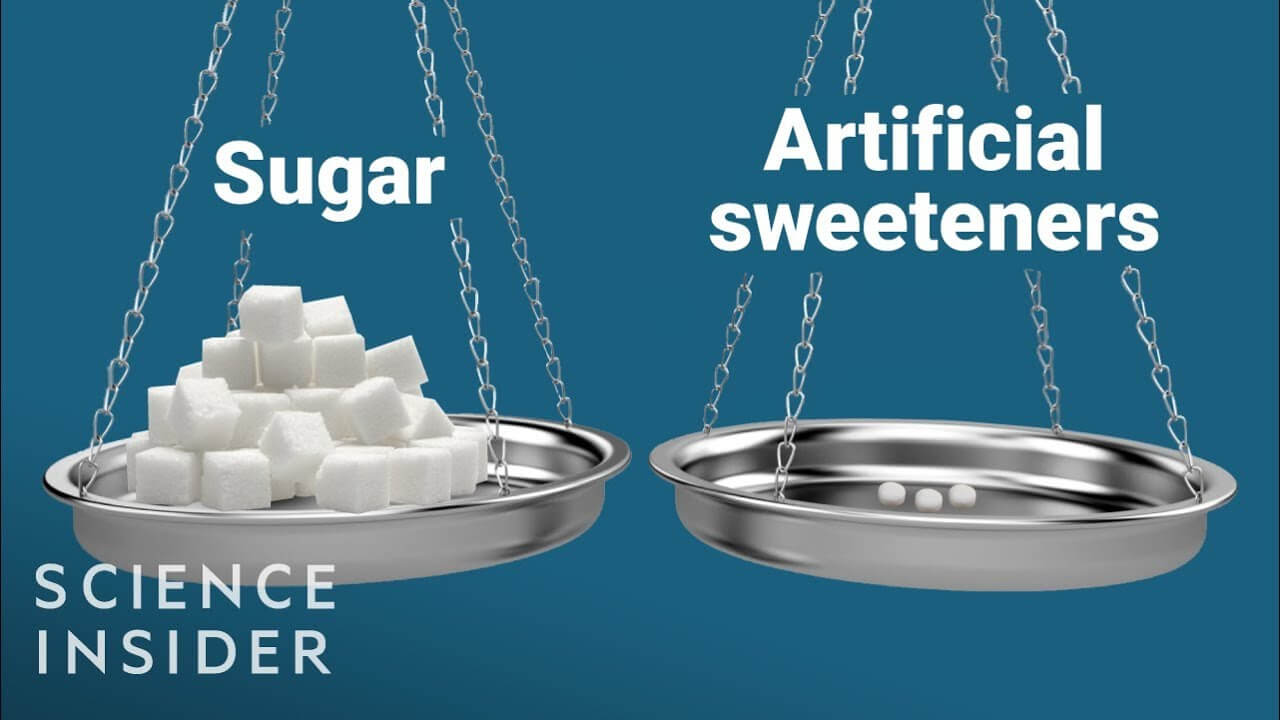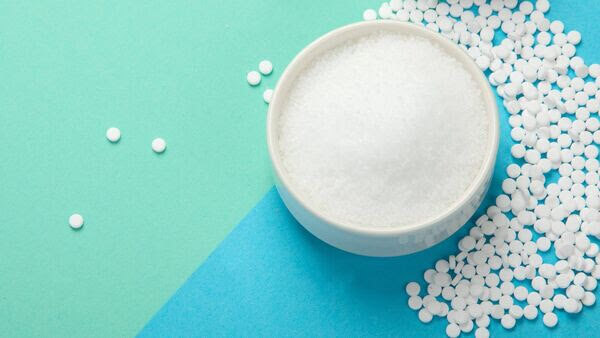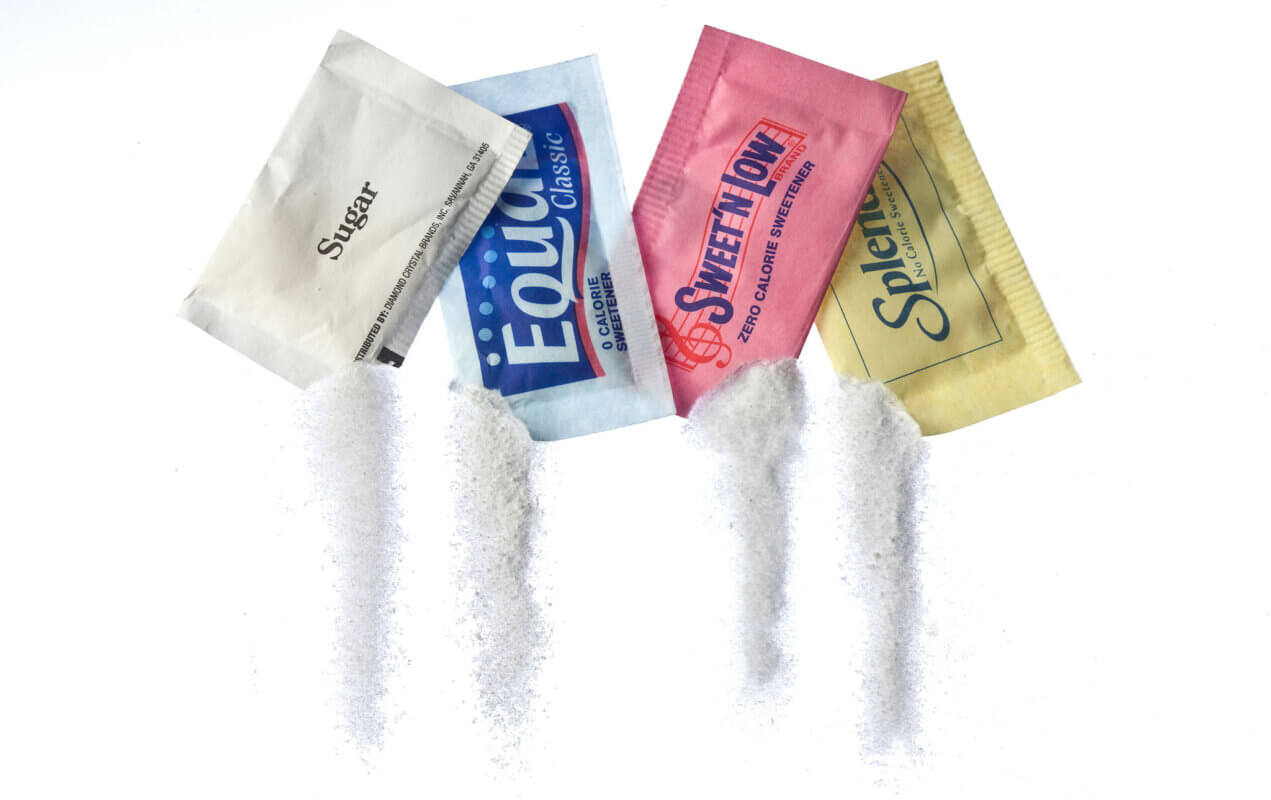Nutrition
Artificial Sweetener Is Bad For You?!
The World Health Organization (WHO) Has Given Advice About Consuming Artificial Sweeteners
They say that using these sweeteners to control weight might not be a good idea.
The WHO looked at lots of scientific studies to make their recommendations.
They found that artificial sweeteners might not help with losing body fat in the long run.
In fact, using them for a long time could even increase the chances of getting Type 2 diabetes, heart problems, and dying early, according to the WHO.
So, it’s better to avoid when using these sweeteners for weight control.

The World Health Organization (WHO) Wants To Help People Make Better Choices
They say that their advice doesn’t mean we should eat more regular sugar.
Instead, they suggest that we try to have less overall sweetness in our daily diet.
The WHO’s director for nutrition and food safety, Francesco Branca, says we should think about other ways to lower our sugar intake.
For example, we can eat foods that have natural sugars, like fruits, or have food and drinks that aren’t sweetened with sugar.
By doing these things, we can make better choices for our health.

What Does The Director Of Nutrition Have To Say?
According to Francesco Branca, the director for nutrition and food safety at the World Health Organization (WHO), sugar substitutes don’t provide any important nutrients.
He suggests that it’s better for everyone, from a young age, to reduce the amount of sweetness in their diet to improve their health.
The recommendation applies to most people, except those who already have diabetes.
People with diabetes may still find benefits from using sugar substitutes.
The WHO’s advice covers not only the little packets of sweetener that people add to their coffee but also the different types of sugar substitutes that food companies put in processed foods and drinks.
These substitutes can be found in items like bread, cereal, yogurt, and snack bars.
It’s important to be aware of the added sweetness in these products and try to reduce overall intake for better health.

The World Health Organization (WHO) Has Listed Some Common Non-sugar Sweeteners.
These include acesulfame K, aspartame, advantame, cyclamates, neotame, saccharin, sucralose, stevia, and stevia derivatives.
However, the Calorie Control Council, which is a group representing the food industry, disagrees with the WHO’s recommendation.
They say that non-sugar sweeteners are safe to use.
According to them, these sweeteners can help with managing weight, maintaining oral health, and reducing calorie and sugar intake.
It’s important to understand that different organizations may have different viewpoints, and it’s always a good idea to consider multiple perspectives and make informed choices about what we eat and drink.

Why Nutritionists Are Losing Their Minds….
- Proteins
- Fats
- Veggies
Check Us Out On Instagram
Dr.Derek provides more insight on Strength Genesis Products strictly using stevia in our most recent instagram post.
Why Stevia?

